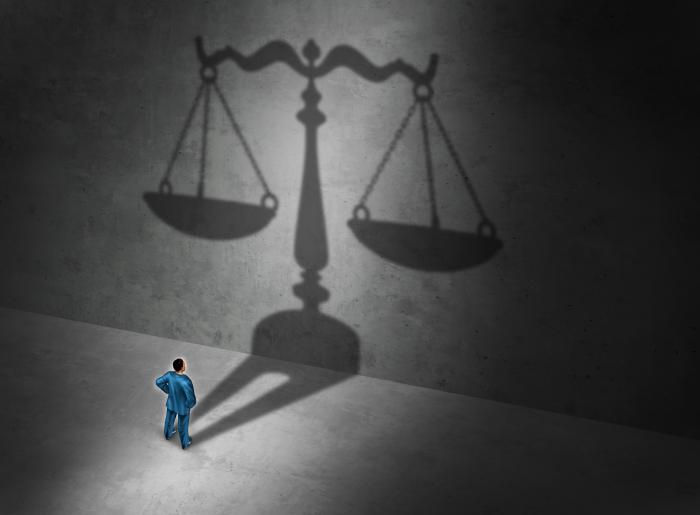EU Agency For Fundamental Rights: new Report on legal aid for migrants in return proceedings

The EU Agency for Fundamental Rights (FRA) published a new report entitled “Legal aid for returnees deprived of liberty”. The report highlights that effective access to competent legal assistance is a key safeguard to enable migrants in return proceedings to exercise their rights to an effective remedy and access to justice. It identifies current national practices, and suggests how national authorities could improve effective access to competent legal aid.
In line with the EU’s Return Directive, all EU Member States, as well as North Macedonia and Serbia, provide some form of free legal aid in pre-removal detention. However, free legal aid is often subject to exemptions and restrictions, depending on the type of decision returnees wish to appeal. Moreover, returnees usually experience language barriers, difficulties in accessing information, strict deadlines and strict legal requirements. The situation is even more difficult for returnees deprived of their liberty in pre-removal facilities.
Italy hosts 10 pre-removal centres and it relies primarily on the public free legal aid system. However, the system presents a number of concerns and challenges: the absence of methods of indicating lawyers’ specialisation on lists available to detainees at pre-removal facilities; the availability of lawyers who are willing and qualified to take over legal representation quickly; the short time that lawyers have to prepare before hearings; the limited premises for lawyers’ meetings with their clients; and the fact that linguistic assistance is only rarely provided. In addition, during the pandemic interruption in legal aid provision was reported.
The report suggested some of the actions that national authorities could take to improve access to justice for people in return procedures, including:
- Provide free legal aid to those in pre-removal detention for all return-related decisions, including detention, removal, entry bans, consultations in advance of court hearings.
- Review the impact of conditions, such as merit tests and short deadlines, on the right to access justice and free public legal aid.
- Consider flexible systems combining public legal aid with support provided by NGOs.
- Ensure that returnees are well informed of their rights and facilitate swift and confidential consultations in detention conditions with legal service providers who are well trained on migration, refugee and EU law and able to access all their client’s files.
- Provide access to national and international detention-monitoring bodies to allow them to regularly assess the use and effectiveness of free legal aid for returnees.

